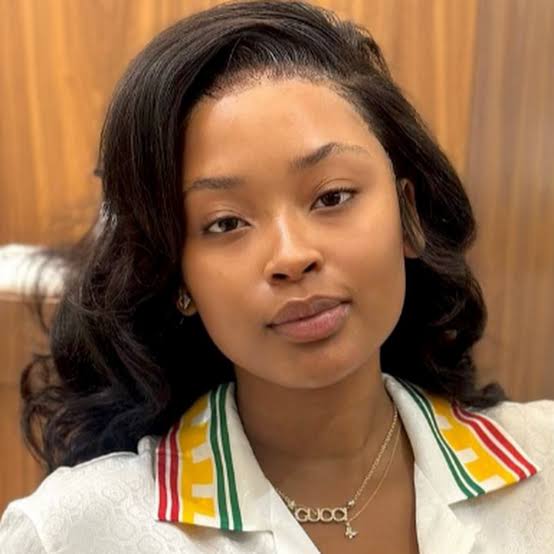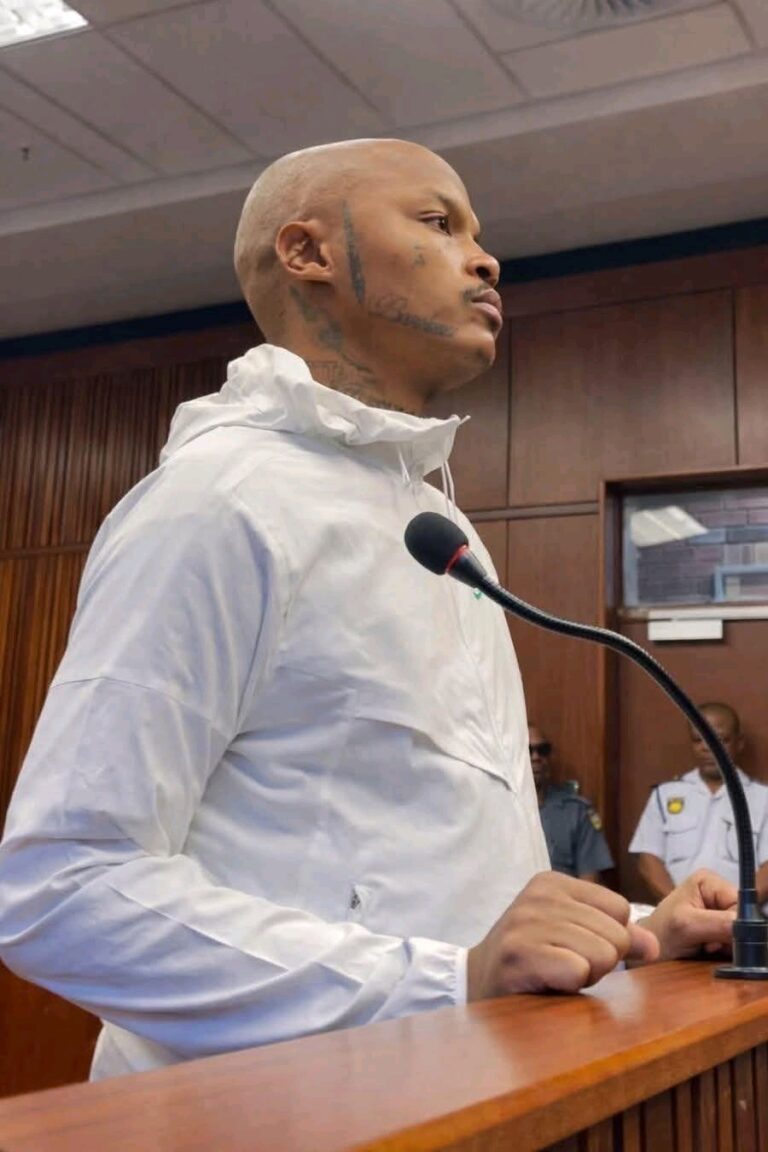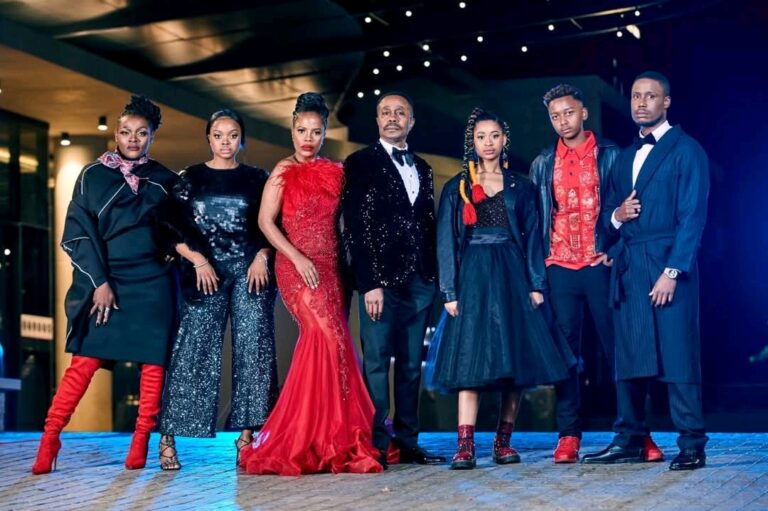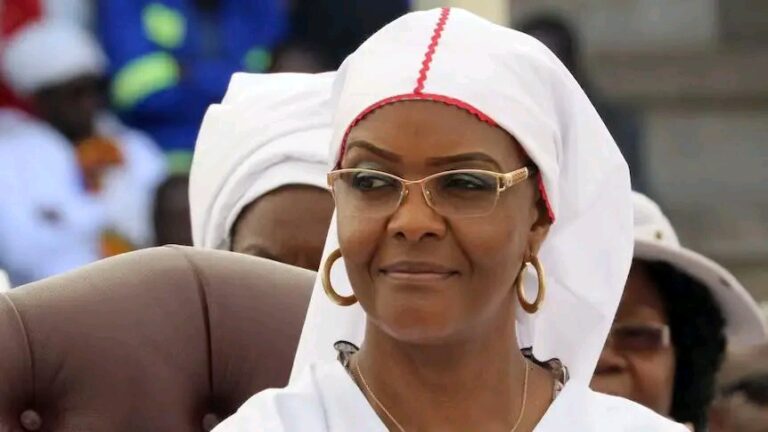
Social media in South Africa has been buzzing with outrage after popular influencer Cyan Boujee promoted a Russian programme that many believe could be a front for human trafficking. The campaign, known as the Alabuga Start Programme, specifically targets young unemployed women between the ages of 18 and 22, promising them travel opportunities, training, and lucrative careers abroad. However, sceptical South Africans were quick to spot red flags, urging young women to stay away from the initiative.

Influencers Face Backlash
Cyan Boujee, alongside other influencers such as Seemah, shared glossy promotional videos highlighting the supposed benefits of the programme. The clips showcased accommodation facilities in pyramid-shaped buildings and promised training in foreign languages like Russian. The posts also assured applicants of high-paying jobs, free flights, accommodation, and career growth opportunities.
Yet, critics noted that the content placed more emphasis on luxurious living spaces rather than the actual careers being offered. South Africans took to social media to demand clarity, questioning what kind of work participants would be doing. Many accused the influencers of “selling out” by advertising something potentially dangerous.
The backlash was so severe that most influencers deleted their videos or disabled comments. Cyan Boujee herself took down her TikTok post, while Seemah issued an apology, claiming she did not fully understand the programme before endorsing it. Her statement, now viral, expressed shock at the overwhelming negative response: “These Russians will get us in trouble. All of this happened in February.”
https://vt.tiktok.com/ZSA5carbe/
Alabuga Start Programme Under Investigation
Concerns about the Russian programme are not new. According to reports from DW earlier this year, the Alabuga Start Programme has been linked to exploitation of young African women. Participants are allegedly forced to work in factories producing war equipment, including drones, often under dangerous conditions involving exposure to harmful chemicals.
Parents of some recruits have complained about losing contact with their daughters, as phones and passports were confiscated upon arrival in Russia. This has raised suspicions of forced labour and human trafficking.
Interpol and governments in several African countries, including Kenya, Uganda, and Tanzania, have launched investigations into the programme’s operations. South African social media users are now calling for local authorities to do the same.
Public Reactions and Warnings
Mzansi netizens expressed outrage, highlighting how vague and suspicious the job descriptions were. Questions like “Careers in what exactly?” and “Why only target African girls?” dominated the online debate. Many pointed out the alarming age restriction, with one user stressing: “Why only women between 18 and 22? That’s a red flag.”
Others noted the tired and distressed appearance of women already enrolled in the programme, suggesting they may be victims of exploitation. One user summed up the sentiment bluntly: “This is how human trafficking begins.”
Exploiting Unemployment
South Africa’s high youth unemployment rate makes its young women particularly vulnerable to such schemes. Desperation for opportunities abroad has already lured hundreds into trafficking rings in Asia and elsewhere. Activists are now urging authorities and communities to raise awareness so that vulnerable women are not tricked into signing up.
The Cyan Boujee controversy has reignited conversations about influencer accountability, with many demanding stricter guidelines for paid promotions. For now, the Alabuga Start Programme remains under suspicion, and South Africans continue to warn young women: “Don’t go.”







